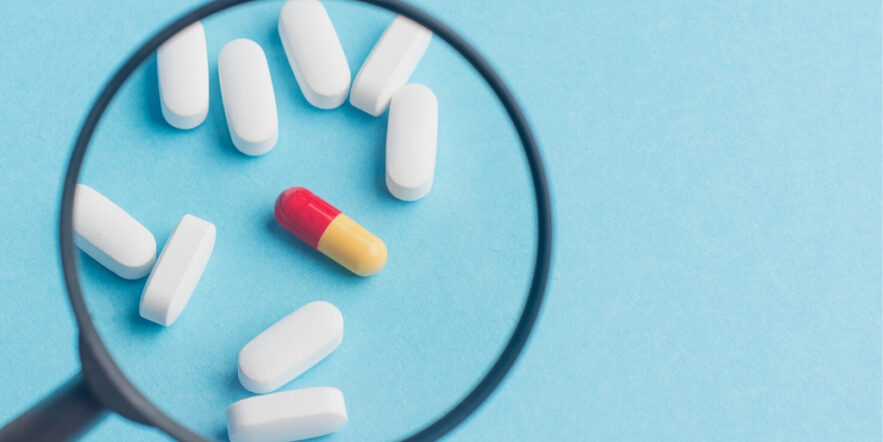Two drugs have been shown to have positive benefits against COVID-19, one early in the illness, the other for the very sick. This is exciting medical professionals and inching us closer to potential treatment. Still, these results should be celebrated with a healthy dose of skepticism as there is still much to learn about this novel virus.
Pepcid AC eases symptoms early on
Taking Pepcid AC (aka famotidine) may help reduce symptoms in individuals with COVID-19. In a recent study published in Gut, researchers found that this common over-the-counter drug, which is used to suppress gastric acid production, reduced the seriousness of COVID-19 symptoms in participants.
Ten outpatients, who were positive for COVID-19, initially scored their symptoms (cough, shortness of breath, fatigue, headaches, and anosmia), which were obtained by questionnaire and over the phone, and then self-administered a high-dose of famotidine. The most common dosage was 80mg taken three times daily for 11 days (though the range was 5-21 days). Within 24 to 48 hours, the combined symptom score of all 10 participants improved, and only three people reported adverse effects (which included dizziness and occasional racing heartbeat, dry skin, insomnia, gastrointestinal symptoms, and temporary forgetfulness).
While this study suggests that Pepcid AC may help ease symptoms, it’s not at all clear if Pepcid AC cures slows or stops the progress of COVID-19. Also, there was no control in this study, so this should be seen as a promising discovery and not an OK to buy up all the Pepcid AC you can.
Dexamethasone Reduces Death in very sick COVID-19 Patients
A large trial by RECOVERY shows that the steroid dexamethasone, which is typically used to treat inflammation and flare-ups of rheumatoid arthritis, reduces the rate of deaths in hospitalized COVID-19 patients with respiratory issues. The positive results of the study are being celebrated as a win throughout the medical community, though not without some (legitimate) hesitation.
In the study, 2,104 patients received 6mg of dexamethasone (orally or via injection) daily for 10 days and were compared to 4,321 individuals who received standard care. Dexamethasone reduced deaths by one-third in patients on a ventilator and by one-fifth in those who needed additional oxygen. It had no benefit to patients who required zero respiratory care. Doctors are also excited about the fact that this drug is cheap and widely available, according to an article published in The Washington Post.
While this is all good news, the information comes from a press release. The full supporting data has not been released, and there is no word of when it will be issued for independent doctors to review. Many doctors are also nervous about using dexamethasone without more information and peer-reviewed studies. Also, steroids are known to suppress the immune system, and some doctors are concerned about the possibility of worsening the COVID-19 infection as a result.






